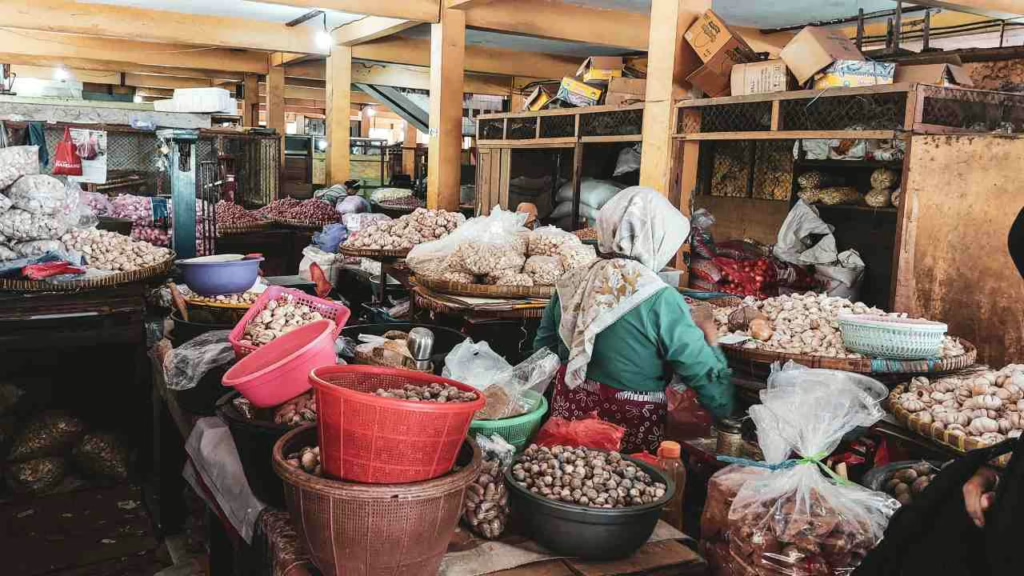1 Juli 2021
Author: Mohamad Ikhsan, I Gede Sthitaprajna Virananda
Abstract
As in other countries, COVID-19 has created pressure on Indonesia’s food security through decreased income and reduced access, as well as increased transaction costs and uncertainty in the country’s food system. Before assessing these impacts of COVID-19, we highlight several key facts about Indonesia’s food system, including the high proportion of net consumers among farmers and the domination of informal small-medium enterprises in the supply chain. We then emphasize that food security is threatened by income shocks and purchasing power decline due to economic contraction, while effects on the supply side have been limited so far. While farmers’ terms of trade have increased throughout the pandemic, downstream food SMEs such as traditional food vendors are likely worse affected by COVID-19 restriction measures. On the labor market, we observe a substantial shift of workers to agriculture, accompanied by a deeper drop in the sector’s wage level compared to other sectors. Finally, we caution that risks to food security remain, especially as Indonesia faces new COVID-19 outbreaks post-Eid 2021, and outline policy recommendations related to social safety nets, supply chain resilience, and the use of technology.




